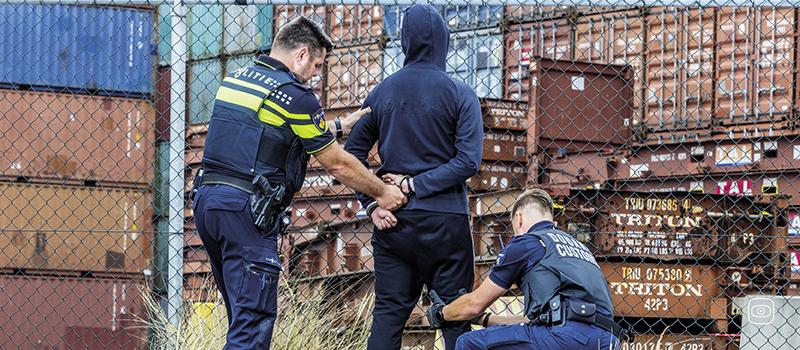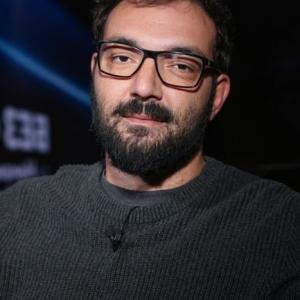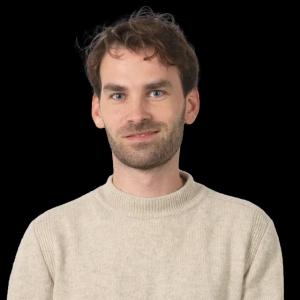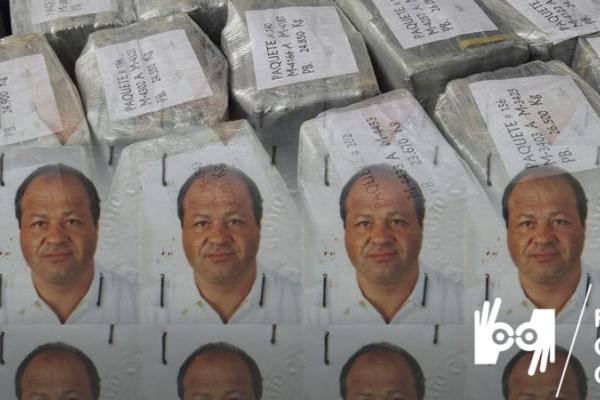Cocaine production is at an all-time high, generating a record $25 billion last year. Europe, where demand is high, is a key market for South American cocaine.
After Dubai, Medellín, New York and Miami, Dutch cities like Amsterdam and Rotterdam have become meeting places for the international drug world. It is in their bars and hotels that global demand is determined, negotiations take place and payments for drug shipments are made. With increased demand, violence has spilled over into Dutch society.
Organised crime groups from the Western Balkans, with global operations stretching from South America to Western Europe, are responsible for an increasing share of the EU's cocaine trade and are working with Dutch groups. They are alleged to launder money in the Netherlands, use holiday parks to hide their drivers and store drugs and profits, and the encrypted messaging platform Sky ECC, hacked by European law enforcement, exposed the inner workings of these criminal organisations. This breakthrough led to thousands of arrests, major drug seizures and the discovery of financial assets. In Podgorica, Montenegro, and Belgrade, Serbia, law enforcement agencies are now investigating several cases of Western Balkan criminals using Dutch infrastructure.
However, while law enforcement cooperation is improving, for example through SKY ECC, several gaps remain. Corruption remains a critical bottleneck in the fight against this lucrative crime.
A team of journalists from Serbia and the Netherlands investigated the impact of the violent cocaine trade that links their countries. They visited holiday parks, a bombed-out drug lab and interviewed law enforcement officials. They also obtained and analysed SKY ECC evidence and met with anti-corruption activists and researchers.
Photo credit: Dutch Customs/Douane Nederland.



